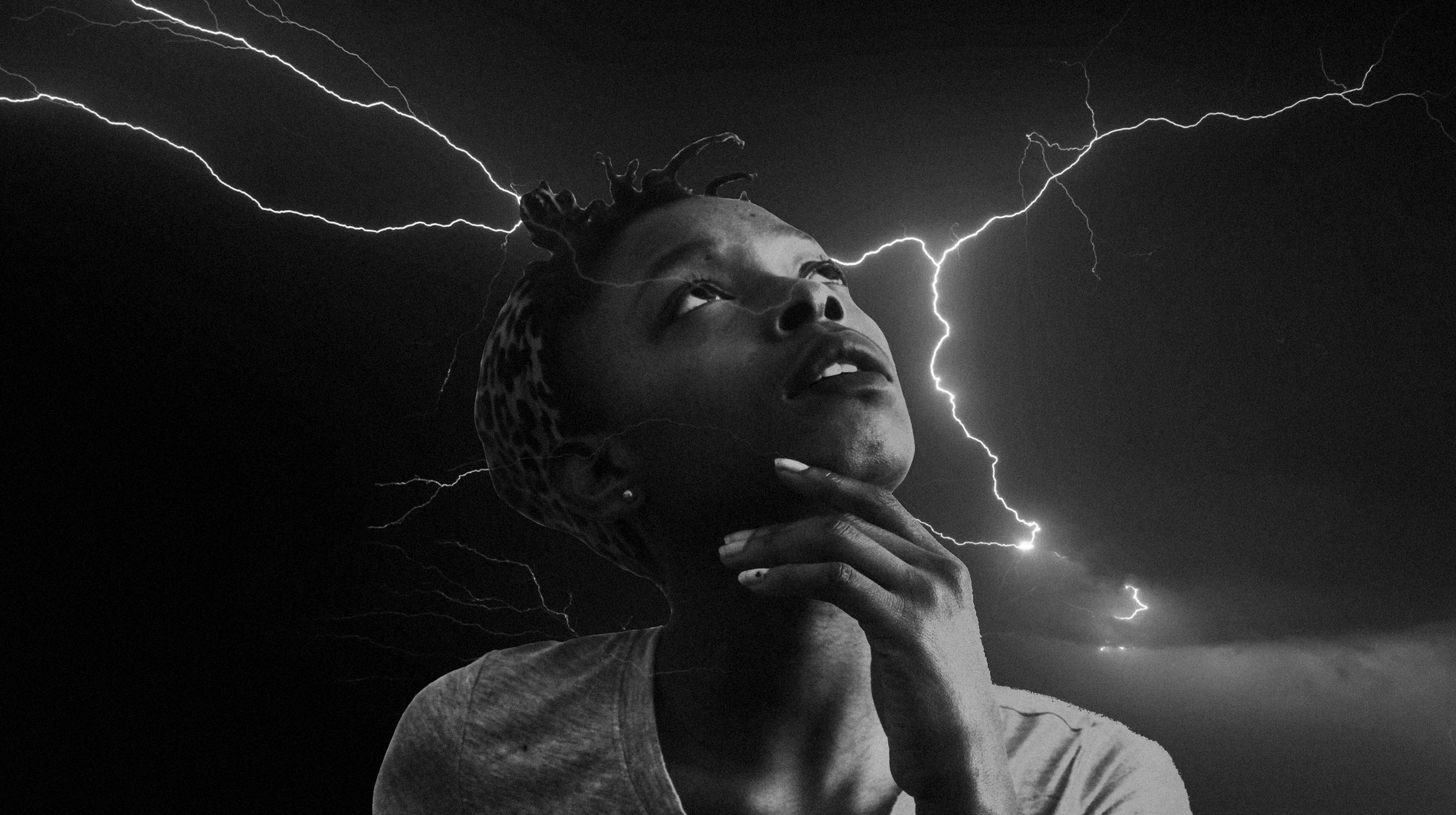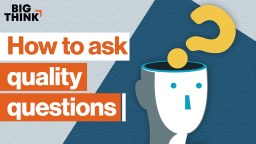brain
A Stanford study explores the effect of multitasking on memory in young adults.
“Such studies will lead to a better understanding of brain development in both autistic and typical individuals.”
Work that can break down the body can also break down the mind.
Humans are particularly prone to shiver when a group does or thinks the same thing at the same time.
Certain colors are globally linked to certain feelings, the study reveals.
A growing body of research suggests COVID-19 can cause neurological damage in some patients.
Research suggests that aging affects a brain circuit critical for learning and decision-making.
Researchers develop the first objective tool for assessing the onset of cognitive decline through the measurement of white spots in the brain.
The area of the brain that recognizes letters and words is ready for action right from the start.
Partisanship can now be seen in brain scans.
Logic puzzles can teach reasoning in a fun way that doesn’t feel like work.
A persistent barrage of information is not the best method for getting through to someone with a different point of view.
▸
5 min
—
with
While the benefits of music therapy are well known, more in-depth research explores how music benefits children with autism.
New research pinpoints the neurons responsible for your choices.
Here are 5 ways to make your workplace better and your workforce happier.
Researchers explore the “complex web of connections” in your brain that allows you to make split second decisions.
The young man died nearly 2,000 years ago in the volcanic eruption that buried Pompeii.
This week, Big Think is partnering with Freethink to bring you amazing stories of the people and technologies that are shaping our future.
▸
5 min
—
with
New research conducted on mice suggests repeated heavy drinking causes synaptic dysfunctions that lead to anxiety.
The number of people with dementia is expected to triple by 2060.
Are you mentally exhausted? Here’s how to tell (and what to do about it).
Join Radiolab’s Latif Nasser at 1pm ET today as he chats with Malcolm Gladwell live on Big Think.
▸
with
A team of researchers have discovered the brain rhythmic activity that can split us from reality.
What exactly does “questions are the new answers” mean?
▸
10 min
—
with
Does time exist? Here’s what the debate is all about.
▸
13 min
—
with
Christians and Muslims that pick out unconscious patterns are more likely to believe in a god.
The neurodevelopmental disorder has long baffled researchers.
Another study confirms the positive effects of psychedelics on mental health.
A study from McGill University reveals the secret of musicians who have excellent time.
A team at Mount Sinai has discovered the neural mechanism behind social isolation.





























